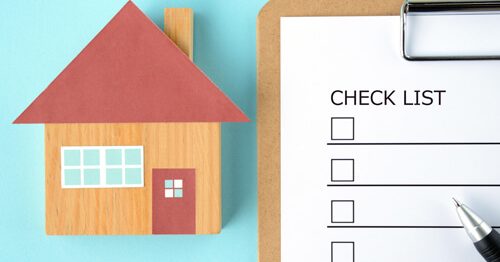Enjoying a favorite hobby is known to improve your physical and mental health. WebMD says a hobby can even improve your relationship-building and creative problem-solving skills. The other great thing about hobbies—adults are never too young or old to take up a new one. If you’re searching for an interesting hobby, consider becoming a collector. It’s a hobby that comes with the unique benefit of potentially increasing your net worth as you amass a set of valuables.
Not sure how to get started? Follow this guide!
Choose Your Collectible of Choice
As a collector, you choose what type of treasure to accumulate. Some people focus on collectibles that speak to them aesthetically, while others concentrate on items with a greater potential to appreciate in value.
If nothing comes to mind immediately, take a walk through your home. Is there a valuable item you inherited or bought yourself that you absolutely love or are proud to own? It can be the start of your collection. Otherwise, your options are practically endless. Here are just a few suggestions:
- Antique furniture or furnishings
- Classic cars, trucks or boats
- Fine art, whether it’s paintings, sketches, pottery or sculpture
- Fine jewelry in general or from particular historical periods
- First edition or decades- or centuries-old books
- Mint-condition comic books
- Sports memorabilia from star-athlete paraphernalia to one-of-a-kind trading cards
- Vintage typewriters, cameras or other much-loved items no longer in wide use
Educate Yourself about the Collectible
Before you rush to buy a collectible you don’t know much about, head to the internet or your local library to start researching it. Dig up as much as you can, such as the various types that were or are made and their differing values.
For example, when it comes to collecting vintage cameras, you can focus on just one type, such as box cameras, folding cameras, instant cameras, stereo cameras or rangefinders. Or you might decide to collect a variety of camera styles.
Subscribing to a magazine related to your chosen collectible is another way to learn about it. Let’s say you want to start or expand on a classic car collection. There are several publications that could prove helpful, including Car and Driver, Classic Motorsports and Hemmings Classic Car.
Considering your budget and your free time, you also need to determine whether it makes more sense to buy collector’s items in good working order or in need of restoration. Your existing restoration skills or your potential to acquire them should factor into this decision, too.
Seek Out Other Collectors
Part of the fun of being a collector is meeting other people with the same interest to exchange knowledge and swap stories. Here are some easy ways to meet like-minded collectors:
- Join a related club or association.
- Join or follow a social media group focused on your collectible.
- Attend events showcasing your collectible, such as a classic car road show or an art expo in your local area or as part of a road trip.
Build a Network of Potential Sellers and Dealers
As you learn about your collectible, start gathering the names of potential sellers and dealers. Look for those with excellent reputations for the extent of their knowledge, honesty and network of buyers. They can help you add to your collection or potentially sell one of your collectibles when the time is right.
Create a Space to Properly Display or Store Your Collection
To get the most enjoyment out of your collection, you’ll want to find a dedicated and appropriate place to display it.
For example, as a collector of old books, you need to keep them away from high levels of moisture, heat and sunlight. So, you might want to build or buy bookshelves to put in a cool room with less direct natural light. Just steer clear of the basement or anywhere else that flooding is possible.
In case you’re a classic car enthusiast, you might want to outfit your garage to house your beauties in style. Likewise, for a collection of sports memorabilia, you can turn a spare room in your home into its showcase.
Protect Your Collection with Security and Insurance
You’ll want to protect your collection from theft and damage, so consider installing a security system with an alarm and video monitoring. Also, double check that you have adequate insurance to cover the value of your collection or else buy a rider, which is an add-on to your policy that insures higher-value items.
One final tip: Update your home inventory every time you add a new piece to your collection. This will make your life much easier if you ever need to file a police report or insurance claim because something in your collection is stolen or damaged.
Editor’s note: Quorum derives no benefit from businesses for placement in this article.






Comments Section
Please note: Comments are not monitored for member servicing inquiries and will not be published. If you have a question or comment about a Quorum product or account, please visit quorumfcu.org to submit a query with our Member Service Team. Thank you.